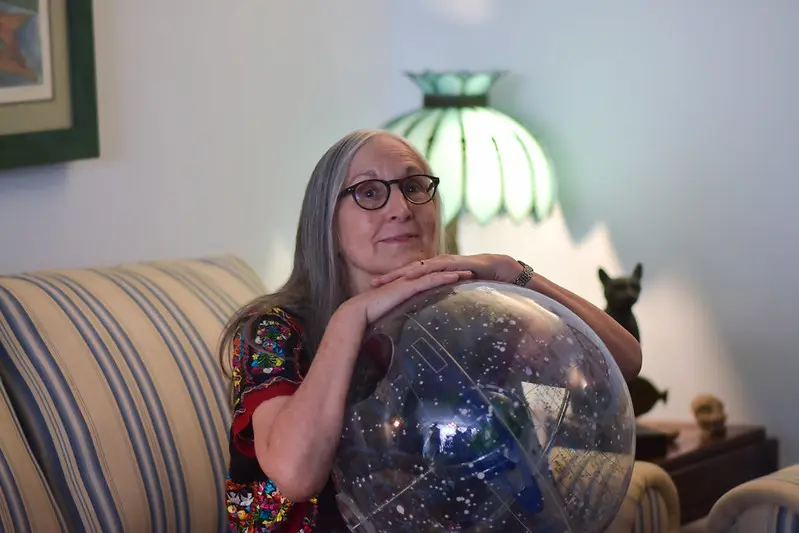
The death of renowned Mexican astronomer and science communicator Julieta Norma Fierro Gossman was confirmed this afternoon at the age of 77, the National Autonomous University of Mexico (UNAM) announced.
Born in Mexico City on February 24, 1948, Fierro graduated in physics from UNAM’s Department of Sciences and later earned a master’s degree in astrophysics. She went on to become a leading researcher at UNAM’s Institute of Astronomy and a professor at the Department of Sciences. Between 2000 and 2004, she also served as the university’s director of science outreach.
Throughout her career, Fierro published more than 40 books, created exhibitions, hosted radio and television programs, and gave hundreds of talks across Mexico and abroad. She played a key role in the establishment of astronomy exhibits at Universum, UNAM’s science museum, and was deeply involved in the design and leadership of other science and technology museums.
Her passion lay in making complex concepts—such as black holes, planetary nebulae, or the foundations of cosmology—accessible and engaging for children, young people, and general audiences alike. This ability earned her recognition well beyond Mexico’s borders.
Among her many honors were the UNESCO Kalinga Prize for the Popularization of Science, the Klumpke-Roberts Award from the Astronomical Society of the Pacific, membership in Mexico’s National Researchers’ System at the highest level (Level III), and her seat XXV at the Mexican Academy of Language.
Fierro’s passing leaves a profound void in Mexico’s scientific and educational community. She will be remembered not only as one of the country’s most important astrophysicists, but also as a tireless advocate for scientific literacy and a beloved voice who inspired generations to look up at the stars with curiosity and amazement.
UNAM announced it will soon provide details about funeral services and the public tributes that will be held in her honor.
The death of Julieta Norma Fierro Gossman, one of Mexico’s most beloved astronomers and science communicators, has left a deep void in the academic and cultural life of the country.
Related: Princess of Asturias Award Granted to Mexico’s National Museum of Anthropology